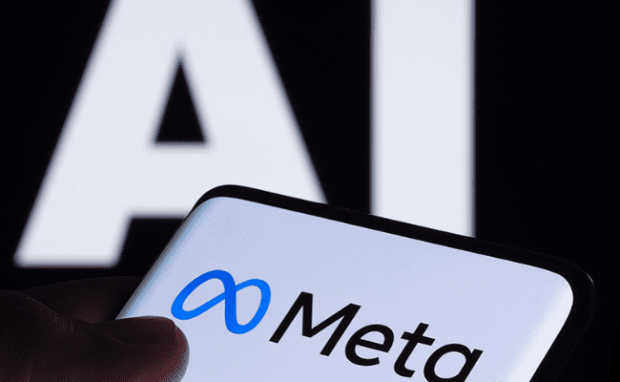Meta launches open-source AI language translator
Facebook company Meta Platforms announced its latest AI language translator, SeamlessM4T, is now available for developers and researchers. The social media firm said it can detect and translate text and speech in nearly 100 languages. Also, it can determine when a sentence mixes multiple languages to translate it into the user’s preferred language.
The artificial intelligence revolution has a skills and language barrier preventing many from its benefits. Fortunately, Meta could make AI systems more acceptable to various countries by translating foreign languages. As a result, we could have a deeper understanding of everyone’s culture. Perhaps it could use technology to usher in a more united world.
This article will discuss how the latest Meta AI language translator works. Then, I will elaborate on other AI projects that process voices and languages, such as Murf AI.
How does Meta’s AI language translator work?

Photo Credit: technext24.com
Most AI translators rely on a separate language model, but Meta’s SeamlessM4T doesn’t. That seemingly mundane feature makes it easier to integrate into existing systems without upgrading hardware to prevent bottlenecks.
In other words, a developer could add it to a program without worrying it will operate slower than before. Arguably, this AI language software’s most important feature is its ability to detect around 100 languages.
It can also produce text in a similar amount of languages and generate speech in 36. Moreover, it can spot whether a sentence uses more than language. Consider the following example:
“Wo shi Dawei, at ako ay isang Zhongguo ren from the Philippines.” This ridiculous sentence uses bits of Mandarin, English, and Tagalog.
Run it through SeamlessM4T, and it could translate into this English sentence: “I am David, and I am a Chinese person from the Philippines.” VentureBeat added it could identify languages regardless of background noises and speaker differences.
It cited tests using BLASER 2.0, which evaluates text and speech units. Results suggest it performed better than other cutting-edge AI models in detecting speech in low-quality audio.
You may also like: Top 10 AI careers for non-techies
A Meta blog says, “SeamlessM4T outperforms previous state-of-the-art competitors. We also significantly improve performance for low and mid-resource languages (with smaller digital footprint) supported, and maintain strong performance on high-resource languages (like English).”
The social media company created the AI language translator by mining tens of billions of sentences and four million hours of speech on the Internet. Consequently, it could “align more than 443,000 hours of speech with texts and create about 29,000 hours of speech-to-speech alignments.
However, Meta admits it is not perfect. Its whitepaper says SeamlessM4T often translates neutral terms to masculine forms. Some languages, like Spanish and German, have genders for inanimate objects.
What are other AI text and speech projects?

Photo Credit: analyticsvidhya.com
Other countries have been using AI for language translation. For example, Mantra Engine uses artificial intelligence to translate Japanese comics or manga into English.
Ai research graduates from the University of Tokyo created it to address rampant manga piracy. They believe it continues because it takes a long time to translate the latest titles.
Moreover, only a few comics have English translations. In response, CEO Ishiwatari Shonosuke and his colleagues developed Mantra Engine, translating comics in seconds.
You may also like: Meta will put AI into its products and services
Ishiwatari said, “If we heighten the efficiency and release translated version without any time lag, we can prevent pirated manga translations from emerging. One pirate translation group has already announced they will no longer produce titles that have been translated and released through our system.”
Meanwhile, the Murf AI language program enables people to dub videos with AI-generated voices. Believe it or not, it does not sound robotic. Its high-quality voiceovers maintain your presentation’s quality.
Also, Murf offers extensive customization, allowing you to choose voices and adjust their pitch, speed, and volume. If the program doesn’t pronounce words correctly, don’t worry. You can train the program by pronouncing them to teach Murf AI properly.
Conclusion
Meta says it is committed to “open science.” That is why it offers its latest AI projects as open source. The company’s latest is the SeamlessM4T AI model.
It can detect and translate nearly 100 languages, and it is easier to integrate into existing programs. As a result, it could encourage more people worldwide to use AI.
These projects could help everyone relate to each other and unite with the power of artificial intelligence. Learn more about the latest digital trends at Inquirer Tech.